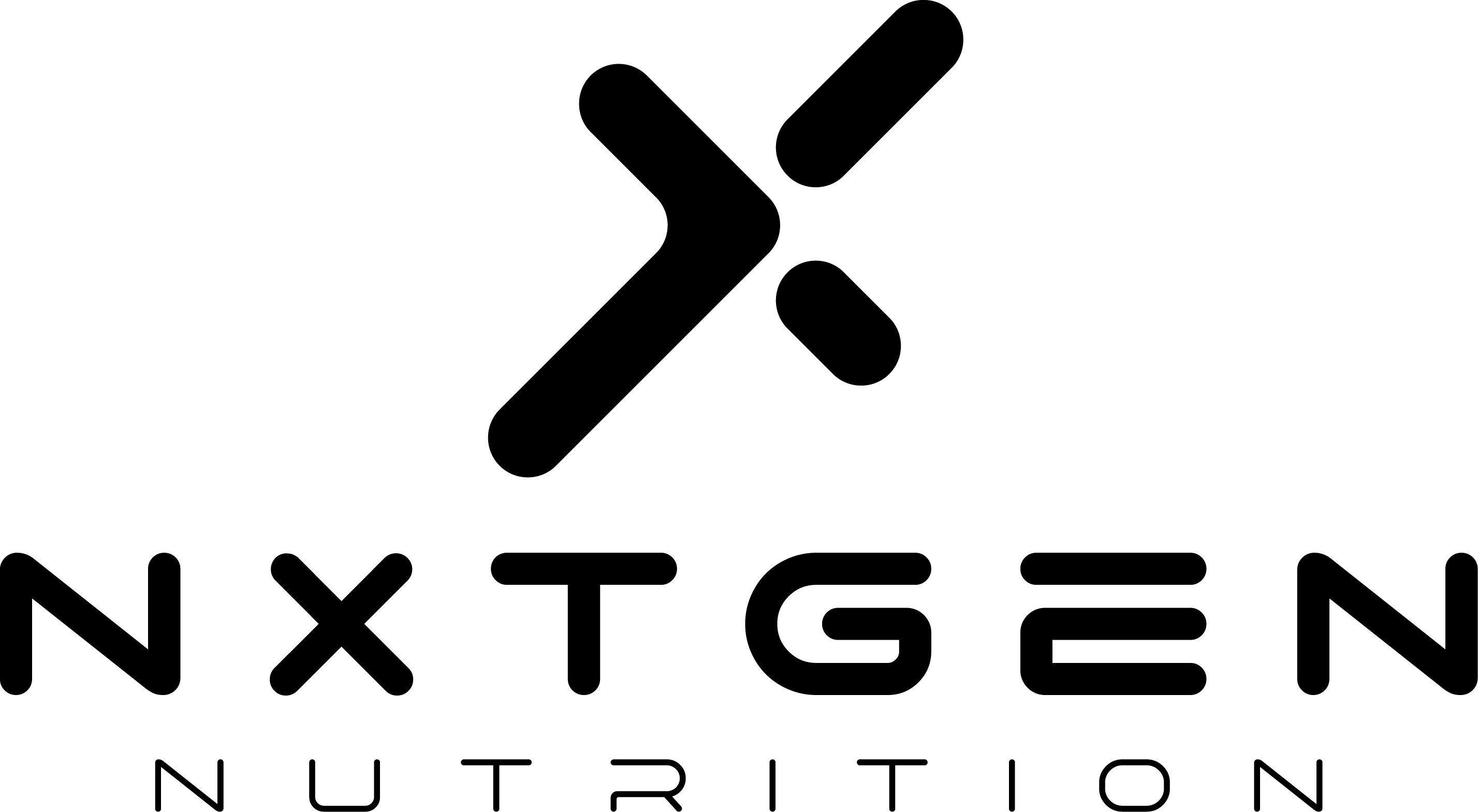At the foundation of every child’s growth, learning, and energy is proper nutrition — yet even in households that prioritize healthy eating, children often don't meet their daily recommended intake of essential vitamins and minerals. Especially between the critical ages of 2 to 8, when their bodies and brains are growing at remarkable speeds, micronutrient gaps can lead to developmental challenges. That's where a clinically dosed multivitamin becomes crucial.
Why Nutrition Matters Most in Early Childhood
During the ages of 2 to 8, children experience rapid growth physically, mentally, and emotionally. Certain nutrients are directly tied to specific areas of development:
-
Vitamin D: Essential for bone development and immune system support. Without enough Vitamin D, children risk developing weaker bones and a compromised ability to fight off illnesses.
-
Calcium: Works alongside Vitamin D to build strong bones and teeth — critical for a child’s future skeletal health.
-
Folate: Essential for DNA synthesis and cell division, folate supports proper growth and neurological development during these rapid early years.
-
Zinc: Plays a key role in immune system support, wound healing, and even sensory development such as taste and smell.
-
Vitamin A: Supports eye health and enhances the immune system, helping to keep infections at bay.
-
B Vitamins (like B6 and B12): Critical for energy metabolism and supporting the nervous system, helping children stay active, attentive, and learning efficiently.
-
Biotin: Vital for healthy skin, hair, and nails, but also crucial for energy metabolism and cognitive function.
-
Iodine: Necessary for thyroid hormone production, which directly impacts growth, brain development, and metabolism regulation.
-
Manganese: Supports bone formation, metabolism of amino acids, and antioxidant functions that protect growing cells from oxidative stress.
Without sufficient levels of these nutrients, children may struggle with concentration, stamina, bone strength, and immunity, setting back their overall development.
The Reality: Not All Children Meet Their Needs
Even with a well-intentioned diet, studies show that many children fall short of meeting the Recommended Daily Intake (RDI) for several key nutrients. Picky eating habits, food allergies, and today's modern diets high in processed foods contribute to these nutrient shortfalls. Busy lifestyles often mean quick meals that may lack the nutrient density children truly need. A quality multivitamin can help bridge this critical gap — but not all multivitamins are created equal.
Tablets and Gummies: Where They Fall Short
Most children's multivitamins on the market come in either tablet or gummy form. While convenient, these forms come with major drawbacks:
-
Reduced bioavailability: Tablets and gummies often contain binders, fillers, and added sugars, which can limit how much of the vitamin or mineral the body actually absorbs.
-
Artificial additives: Many gummies are filled with artificial dyes, sweeteners, and flavorings that provide no nutritional benefit and may even have negative effects over time.
-
Incomplete dosing: Many gummies and tablets provide small, "label-friendly" amounts of vitamins rather than clinically effective doses that actually meet a child’s nutritional needs. Even if the dosing is sufficient, the quality of ingredients in tablets and gummies is usually of a much lower standard that should not be given to a developing young athlete.
In short, while a child might be consuming a multivitamin, their body may only be absorbing a fraction of the intended nutrients.
Why a Powder-Based Multivitamin Is Superior
A powder multivitamin offers several advantages over tablets and gummies, especially for growing children:
-
Higher Bioavailability: Powders are more readily absorbed because they skip the need for binders or extra processing. This allows nutrients to enter the bloodstream more quickly and efficiently.
-
Customizable Dosing: With a powder, parents can tailor serving sizes to meet their child’s specific age and weight, ensuring an appropriate intake without the risk of overdose.
-
Easier on the Digestive System: Powders mix easily with water, smoothies, or even foods like oatmeal or yogurt, making them gentler on small digestive systems.
-
Clean Ingredients: A well-formulated powder can avoid the need for artificial colors, flavors, or preservatives, ensuring a clean source of nutrition.
Ultimately, a clinically dosed, powdered multivitamin ensures that children are not only getting their vitamins — but that their bodies can actually use them to fuel healthy growth, brain development, and immune strength.
In Summary:
A child's early years set the stage for their lifelong health. Investing in a clinically dosed, bioavailable multivitamin, especially in powder form, can make all the difference in supporting a strong, thriving foundation for the future. Make sure to choose a formula that provides full-spectrum support without unnecessary fillers — because when it comes to your child's health, every nutrient counts.





Share:
Why NXT GEN?